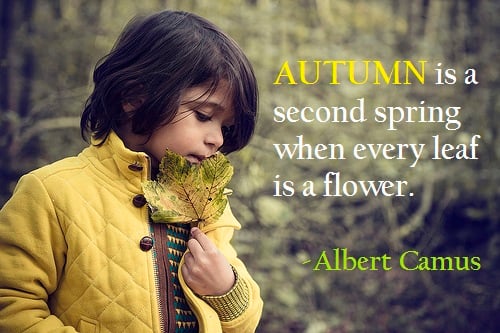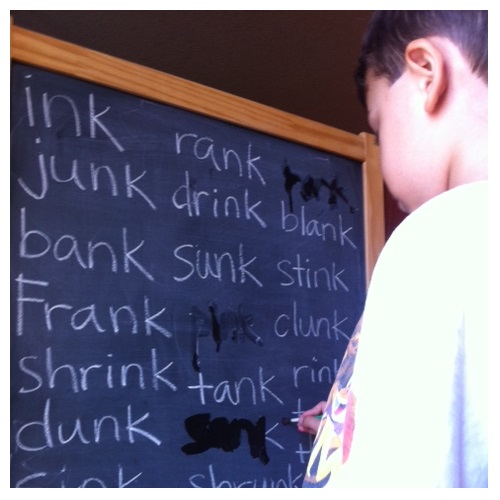
I had a question about what program I would recommend to a child who has recently come out of school and is dysgraphic and a perfectionist. Of course, my first thought is to scrap programs. This kid needs a zoo pass and Legos!
What to do about writing, though. He is struggling and fears it. Of course! We all avoid those skill areas where we are weakest.
To start changing the narrative around writing in your family, even before you buy Jot it Down or Partnership Writing, make writing more interesting, more useful, more fun right now in your home.
- Put Post It Notes all over the bedroom door of your child. Fill them with comments about his or her strengths, jokes, silly word pairs, brief memories of their exploits, hints about the fun you will have at winter break, questions of the universe (“Who am I and why am I here?” “What is the sound of one hand clapping?”), aphorisms… You decide. Put these Post-its all over the door after the child is asleep and see when he or she finally notices them. You might leave a stack of Post Its and a pen somewhere nearby. See if the child reciprocates. Some will.
- Use lipstick to leave love notes on the bathroom mirror for your kids.
- Create a treasure hunt—that rhymes! Send your kids hunting for some treat with clues you design. Then later, ask them to make one for you (on your birthday!).
- Tape words to items in the house—any words. See who notices first.
- Play with refrigerator magnets.
- Mail letters to your kids. Text your kids. Facebook chat with your kids. Even when you are all sitting in the same room (hilarity will ensue!).
- Write margin notes in the books they are about to read—like, “This was my favorite part” and “I can’t believe she did that, can you?” and “When you get to this section, come to me. We must discuss.”
- Leave notes in a teenager’s car with cash: “Here’s three bucks for a hamburger! Enjoy.”
USE writing in natural, life-affirming ways. See how it changes the feel of writing in your home.
Go for it! Now Today! It’s far more likely you will grow writers if you live like this than if you tirelessly work on paragraphs. Paragraphs will come, once everyone is friends with writing.























